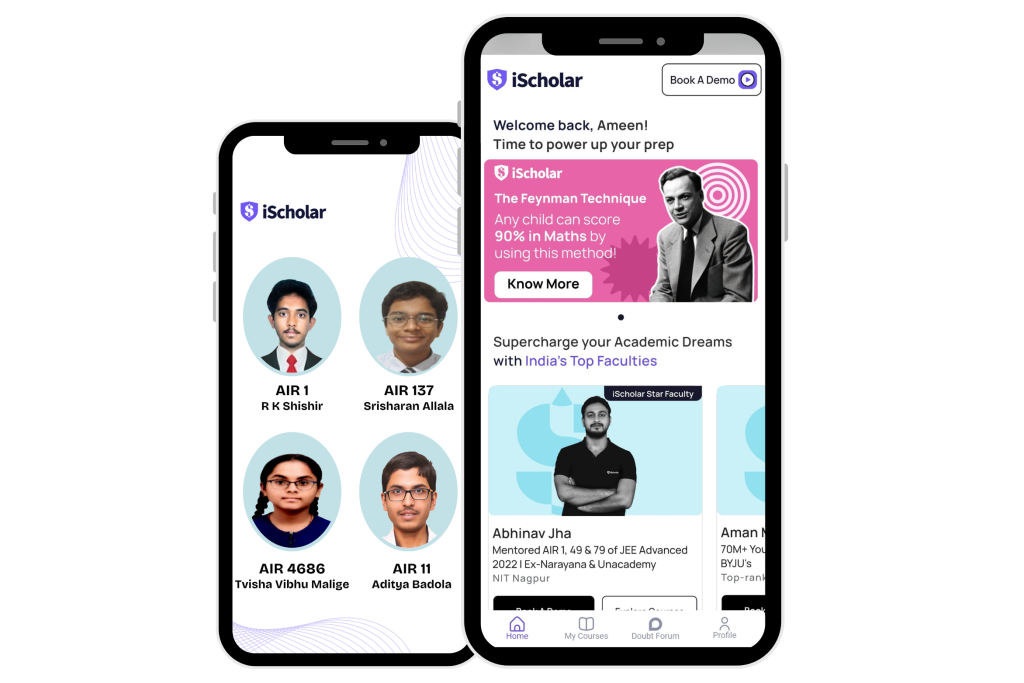Getting a good score in the NEET examination is an achievement in itself for sure. After all the hustle and beyond, there always lies a sense of confusion as to what after NEET? What are the other non-traditional options? But, is important to realize that the medical field offers an ocean of career paths that extend far beyond the NEET score. While becoming a doctor may be the traditional route, there are numerous other ways to explore in the medical industry. Here is a list of unconventional NEET courses you can choose from.
1. Doctor/Medical Practitioner:
Often deemed as every NEET aspirant’s first choice, doctors play a vital role in diagnostics, treating, and managing patients’ health conditions and much more. You can choose to specialize in fields such as general medicine, surgery, pediatrics, gynecology, and cardiology out of a few, helping create a wider impact.
2. Medical Researcher:
For students who would want to venture into scientific inquiry and explore the boundaries of medical knowledge, a medical research-related career might serve as an excellent fit. This includes conducting studies, experiments, clinical trials, and more to enhance their understanding of diseases, develop new treatment methods, and contribute their part to advancements in the healthcare system. Typically, medical research involves pursuing postgraduate degrees to help with the field.
3. Medical Education:
Passionate about teaching and mentoring future medical professionals? A career in medical education might be your perfect choice. Medical educators stretch their branches into medical schools, universities, and other educational institutions, imparting knowledge to aspiring doctors, and playing a vital role in shaping the future generation of healthcare through lectures, practical sessions, and guiding students through their academic journey.
4. Public Health Specialist:
Public health professionals focus on improving the overall health of communities and populations. They work on preventing diseases, promoting health awareness, and formulating policies to enhance healthcare systems. Public health specialists venture into fields such as epidemiology, biostatistics, environmental health, health administration, or health promotion. You can find opportunities in government agencies, non-profit organizations, research institutes, and international health organizations.
5. Medical Technology and Innovation:
With advancements in technology, the medical field has witnessed tremendous growth in innovative solutions. From developing medical devices to designing healthcare software and applications, professionals in medical technology contribute to improving patient care and enhancing medical practices so this genre requires a blend of medical knowledge and technological expertise, making it a great option for individuals with interdisciplinary interests.
6. Allied Health Professions:
Apart from doctors, numerous other health professionals provide critical support in the medical field. These include physiotherapy, occupational therapy, medical imaging technology, clinical laboratory technology, medical coding, and medical transcription, among others and these professions contribute to patient care, diagnostics, rehabilitation, and overall healthcare delivery.
7. Healthcare Administration:
Involving managing and overseeing healthcare systems, facilities, and services. Healthcare administrators play a critical role in planning, coordinating, and implementing healthcare policies, managing finances, and ensuring efficient operations, health care administrators are the need of the hour. They render their work in hospitals, clinics, government agencies, and other healthcare organizations, contributing to the effective delivery of healthcare services.
8. Medical Technology and Innovation:
The intersection of medicine and technology has opened up exciting career opportunities in the field of medical technology. Professionals in this area develop and implement innovative medical devices, healthcare software, digital health solutions, and telemedicine platforms. They contribute to improving patient care, enhancing diagnostics, streamlining processes, and revolutionizing healthcare delivery.
9. Medical Journalism and Communication:
The field of medical journalism and communication combines a passion for healthcare with excellent communication skills. Medical journalists report on healthcare news, research breakthroughs, and medical advancements to educate and inform the public as they write articles, create content, and contribute to media outlets, medical publications, and online platforms. This career path allows individuals to bridge the gap between medical knowledge and the general public.
10. Medical Ethics and Law:
Medical ethics and law professionals work at the intersection of healthcare and legal frameworks. They address ethical dilemmas, ensure patient rights and privacy, and navigate legal complexities in healthcare settings. Careers in medical ethics and law involve guiding ethical issues, shaping healthcare policies, and advocating for patient rights within the legal framework.
11. Healthcare Entrepreneurship and Innovation:
Entrepreneurial-minded individuals can explore opportunities in healthcare entrepreneurship and innovation so this field involves identifying gaps in healthcare, developing innovative solutions, and launching ventures that improve patient care, enhance medical technologies, or optimize healthcare delivery systems. Healthcare entrepreneurs drive positive change by applying creativity, business acumen, and a deep understanding of healthcare needs.
While the NEET score is just the beginning of a journey filled with diverse and exciting career opportunities in the medical field. Beyond the traditional path of becoming a doctor, numerous alternative paths aspiring students can explore. From medical education and clinical research to healthcare policy, journalism, ethics, entrepreneurship, and innovation, the possibilities are vast so by considering these options, individuals can find their true calling and make a significant impact on the healthcare industry.
It is important to remember that success in the medical field is not solely defined by a single exam score but by passion, dedication, and willingness to explore new avenues.
Embracing these diverse career paths allows individuals to contribute to healthcare in unique and meaningful ways, shaping the future of medicine and improving the lives of patients worldwide. So, let your NEET score be the starting point of an extraordinary journey toward a fulfilling and impactful career in the medical field.





